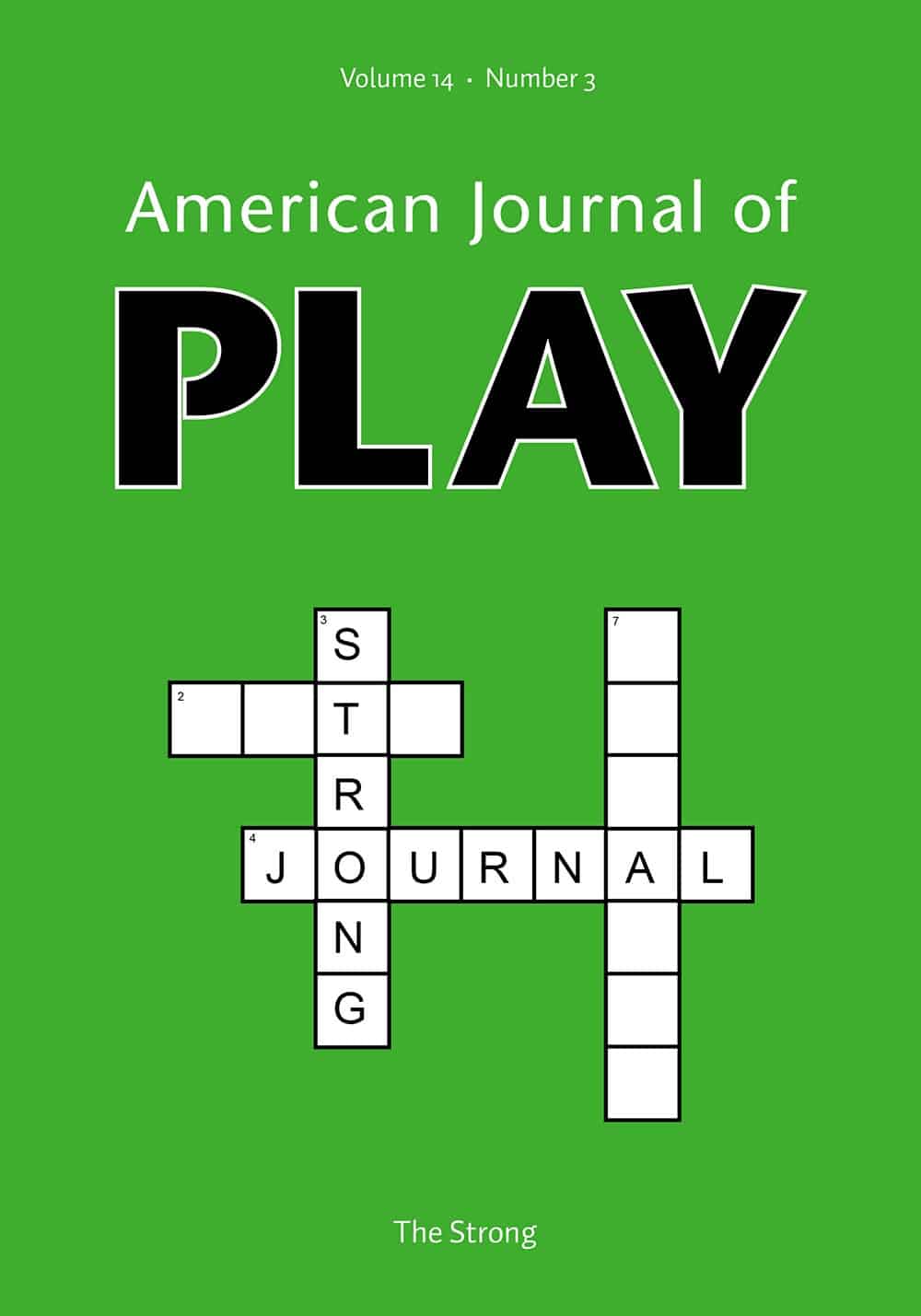Children’s Play in the Digital Age: An Interview with Jackie Marsh
Jackie Marsh is an Emeritus Professor at the University of Sheffield in England, where for more than two decades, she has undertaken research on young children’s digital literacy and play in homes and in formal and informal learning settings. She helped examine the role of families in their children’s digital literacy, play development, and play lives. Most recently, Marsh has focused on how play in maker spaces in homes and schools promotes digital literacy and STEM learning, and she continues to engage with the Maker {Futures} program at the University of Sheffield. Key words: digital literacy; digital play; internet of toys; Iona and Peter Opie; tablets; technology; toys; video games; YouTube





